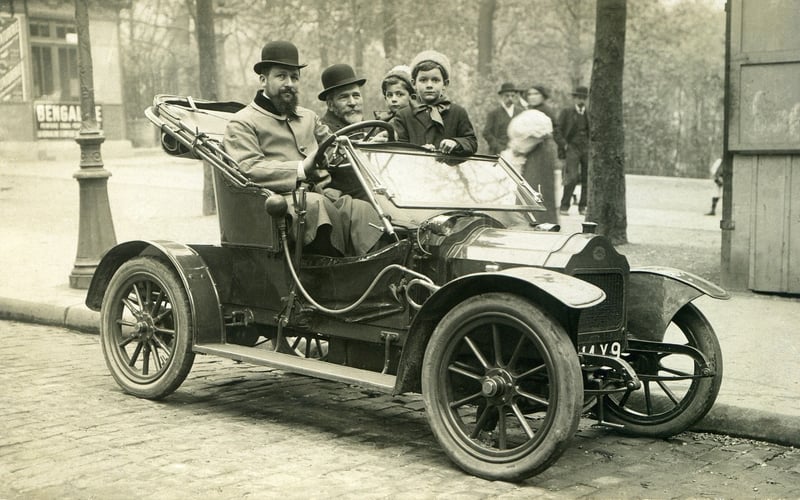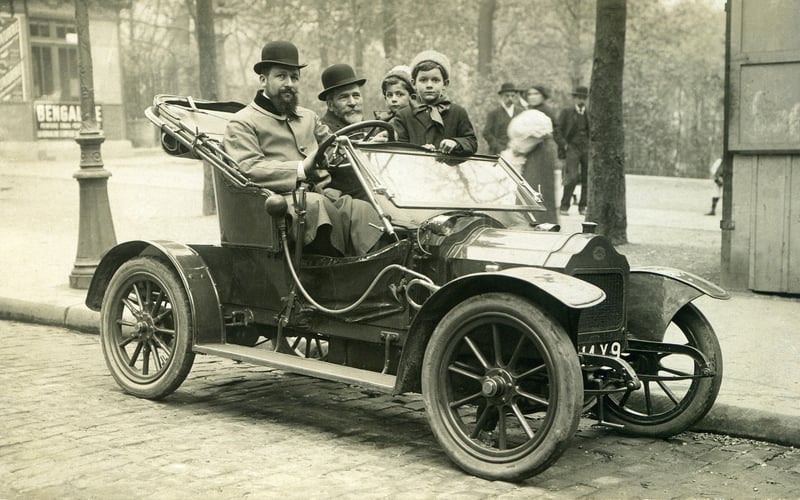Industrial Revolution
Exploring Different Eras: Industrial Revolution

The Industrial Revolution was a period of great technological advancements that transformed societies and economies worldwide. It marked a shift from agrarian and manual labor-based economies to industrialized societies powered by machinery and factories.
Key Features of the Industrial Revolution
- Rapid urbanization as people moved from rural areas to cities for factory jobs.
- Advancements in steam power, mechanization, and transportation.
- The rise of factories and mass production techniques.
- Significant social and economic changes, including the emergence of the middle class.
Impacts of the Industrial Revolution
The Industrial Revolution had far-reaching effects on various aspects of society:
- Economic Growth: It led to increased production, improved standards of living, and the rise of capitalism.
- Social Changes: The revolution brought about changes in social structures, with the working class facing poor working conditions and long hours.
- Technological Advancements: Innovations in machinery and transportation revolutionized industries such as textiles, iron, and coal mining.
- Environmental Impact: The increased use of coal and other resources had detrimental effects on the environment.
Legacy of the Industrial Revolution
The Industrial Revolution laid the foundation for modern industrial societies and shaped the world we live in today. It set the stage for further technological advancements and globalization, impacting every aspect of human life.
To delve deeper into this transformative era, explore historical sites, museums, and literature that capture the essence of the Industrial Revolution.
Learn from the past to understand the present and shape the future!
